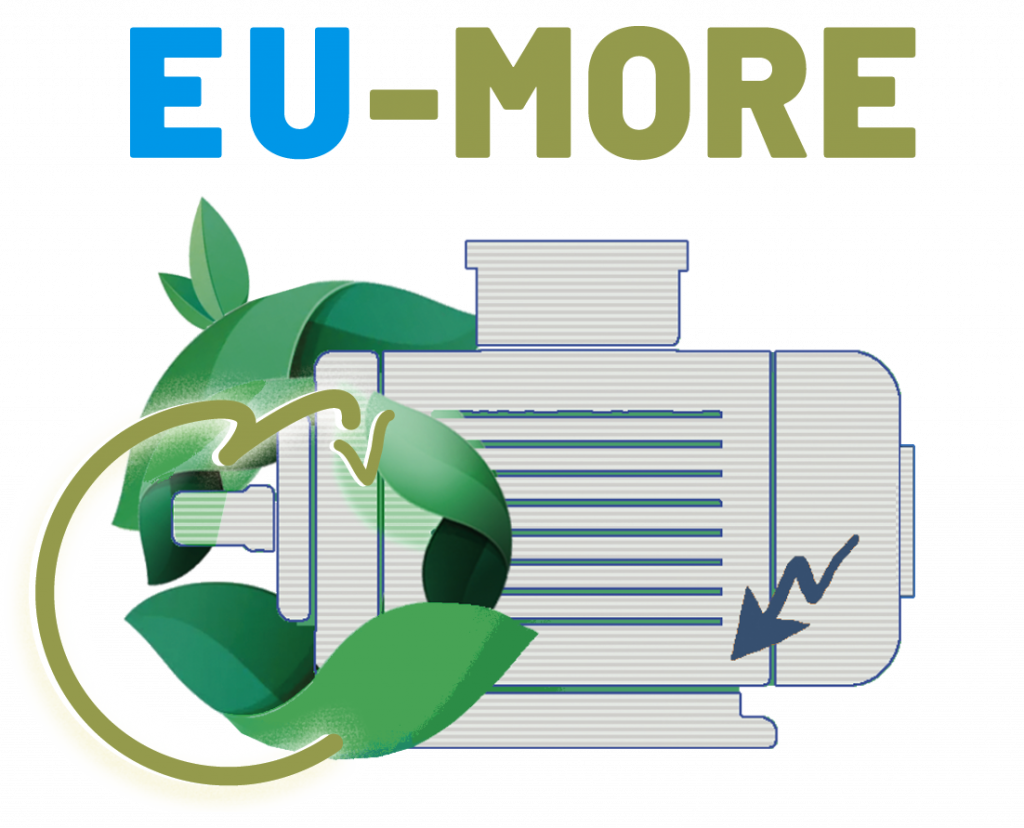Consider the introduction of tax rebates with voluntary commitments from the companies.
The following feedback was collected from the stakeholders:
"Tax-based solutions carry a relatively high risk of free-rider effects, where companies benefit without contributing meaningfully to energy efficiency goals.
Additionally, challenges arise with company legal structures that do not pay taxes and therefore cannot directly receive subsidies.
A combination of voluntary commitments and tax incentives could be an effective approach for smaller motors with shorter lifespans.
To support implementation, easy-to-use templates for reporting would be essential. These templates would streamline compliance and ensure clarity in documenting energy efficiency measures.
Incorporating existing obligations—such as those under the Energy Efficiency Directive (EED), including energy audits and Energy Management Systems (EnMS)—into industry implementation plans shows promise. This approach would involve energy auditors and managers more actively in the process."

